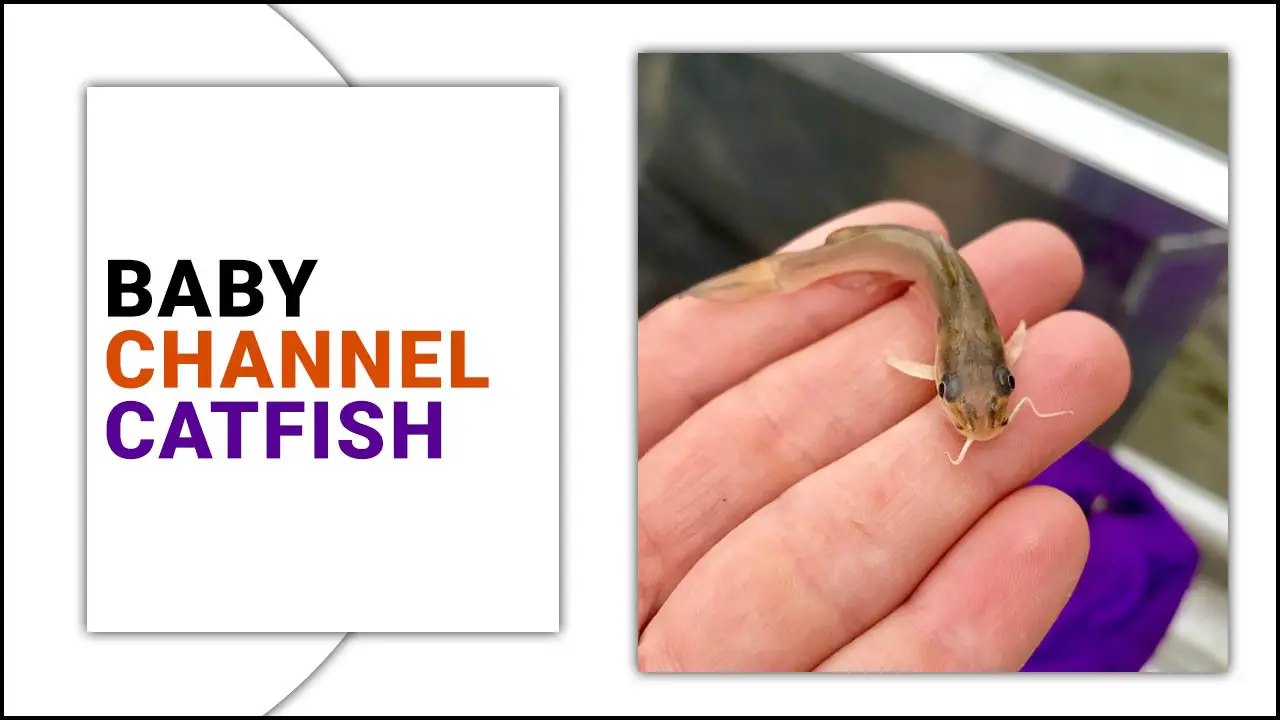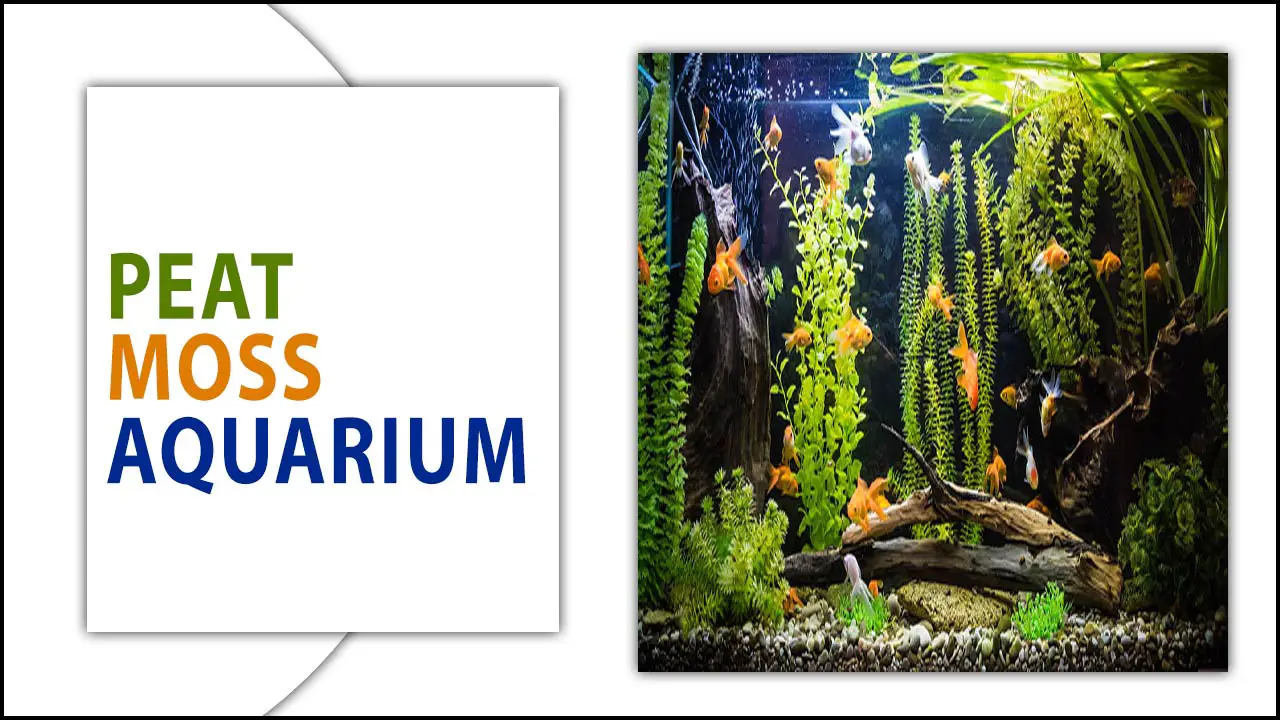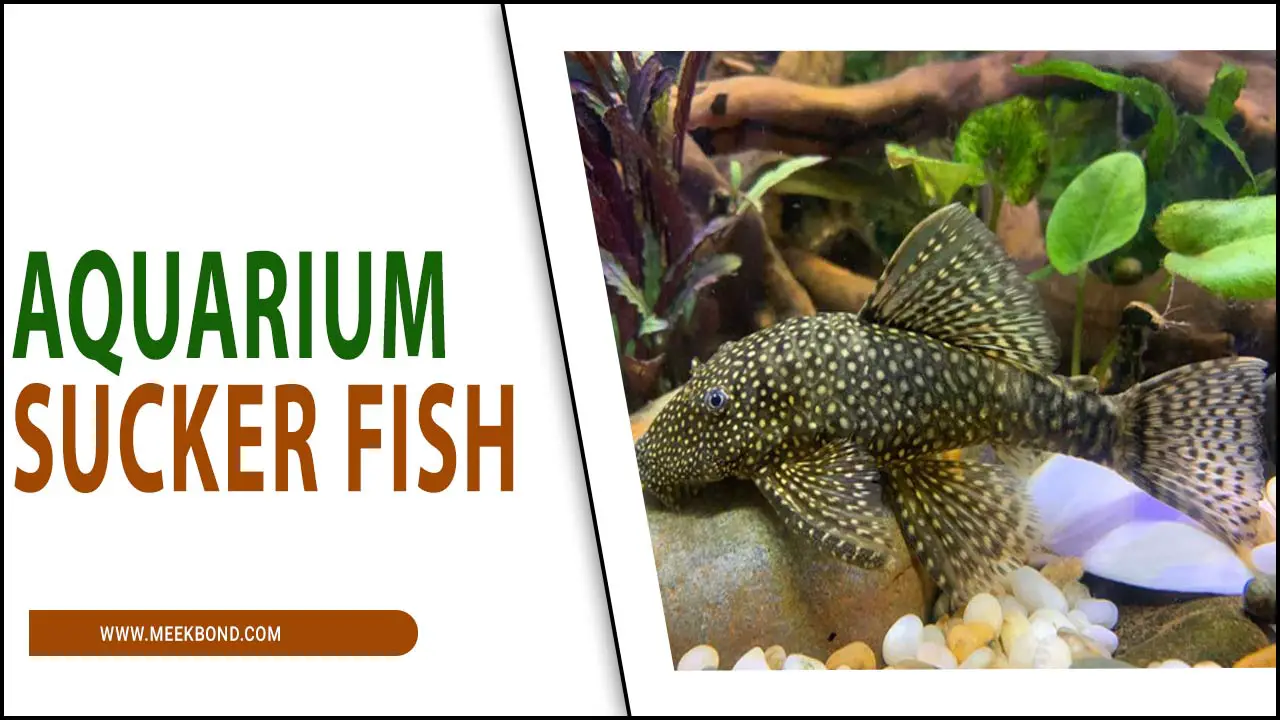As an aquarium enthusiast, you may have noticed that your fish produce much waste. This waste can accumulate quickly and lead to water quality issues, harming your fish and other aquatic animals. Fortunately, natural processes in your aquarium can help break down and remove fish waste.
Understanding what eats fish poop in your aquarium is crucial to maintaining a healthy aquatic environment. Here, we will explore the various organisms and mechanisms that help to clean up fish waste in your aquarium.
From beneficial bacteria to snails and shrimp, many creatures play a critical role in maintaining the cleanliness of your aquarium. We will also discuss the importance of a balanced aquarium ecosystem and how to correctly manage your fish and their waste.

The Nitrogen Cycle In Aquarium

The Nitrogen Cycle is a crucial process in maintaining a healthy aquarium. It refers to converting toxic ammonia, produced from fish waste and uneaten food, into less harmful compounds such as nitrite and nitrate.
This cycle involves the growth of beneficial bacteria in the aquarium that break down ammonia into nitrite, and then other bacteria convert the nitrite into nitrate. Nitrates are removable through regular water changes or the use of live plants in the aquarium. Establishing and maintaining the Nitrogen Cycle in an aquarium is essential to ensure the health and well-being of the fish and other aquatic inhabitants.
The Tank Clean-Up Crew- Know What Eats Fish Poop?

Fish poop is an essential nutrient source for many aquatic organisms, including bacteria, insects, and bottom-dwelling invertebrates. These organisms decompose the faecal matter and turn it into organic matter, becoming a part of the food chain and benefiting the entire ecosystem.
Additionally, many fish species consume faecal matter by scavenging or directly consuming it from other fish. This behavior is popular as coprophagy and is especially prevalent in herbivorous fish that rely on the nutrient-rich faecal matter of other herbivores to supplement their diets. Overall, the consumption of fish poop plays a critical role in nutrient cycling and the health of aquatic ecosystems.
Types Of Clean-Up Crew Members

In aquatic environments, fish poop is a common occurrence that can accumulate and cause harm to the ecosystem. Fortunately, various species of marine animals feed on fish waste and help keep the habitat clean. These are popular as the “clean-up crew” members, and we can divide them into different categories based on their feeding habits.
Some are detritivores, which consume decaying organic matter, while others are herbivores, feeding on algae and other aquatic plants. There are also predators like crabs and shrimp that consume leftover food and feces from fish. Understanding the types of clean-up crew members is crucial in maintaining the health and balance of aquatic ecosystems. Additionally, some fish species, such as, are popular to eat fish waste.
Snails: The Unsung Heroes Of The Aquarium

We often overlook Snails in aquariums, but these small creatures play a vital role in maintaining the health and cleanliness of aquatic environments. One of their most important functions is consuming fish waste or poop. As snails crawl along the bottom of the tank, they munch on uneaten food and other organic matter, including fish excrement.
This helps keep the water clean and clear and prevents the buildup of harmful bacteria that can harm fish and other aquatic organisms. Snails are truly the unsung heroes of the aquarium, quietly working behind the scenes to keep the ecosystem thriving.
Shrimp: The Busy Cleaners

Shrimp are often called the “busy cleaners” of the aquatic world, and for good reason. These small crustaceans play a vital role in maintaining the cleanliness of the ocean floor by consuming various types of waste, including fish poop. Shrimp are particularly adept at breaking down and removing organic matter, which helps to prevent the buildup of harmful bacteria and parasites in the water.
Additionally, the waste products produced by shrimp also serve as a valuable food source for other marine creatures, such as small fish and sea turtles. Overall, shrimp are an essential part of the marine ecosystem, and their ability to consume fish poop and other waste types helps keep our oceans healthy and thriving.
Crabs: The Scavengers

Crabs are the scavengers of aquatic ecosystems and play a vital role in consuming organic matter, including fish poop. These crustaceans are equipped with powerful pincers and sharp mandibles. Which they use to break down and consume decaying matter at the bottom of the ocean floor.
As opportunistic feeders, crabs are not selective in their diet and will consume any available food source, including dead fish and other marine animals. They help recycle nutrients and maintain the ecosystem’s overall health. Although often overlooked, crabs are an important component of marine food webs, and their role as fish poop consumers highlights the importance of their ecological function.
Starfish: The Effective Algae Eaters

Starfish are highly effective algae eaters that play an important role in maintaining a healthy ecosystem in aquatic habitats. They are popular for their ability to consume a variety of organic matter, including fish poop. Starfish use their tube feet to capture and consume algae that grow on rocks, coral reefs, and other underwater surfaces.
They also scavenge for dead and decaying matter, helping to prevent it from accumulating and causing pollution. Their diet helps to keep the water clean and healthy, which is essential for the survival of other aquatic organisms. Starfish are valuable marine community members and play an important role in maintaining the delicate balance of aquatic ecosystems.
Types Of Fish Waste And Their Impact On Water Quality

Fish waste is a serious concern for anyone who owns an aquarium or manages a fish farm. Fish excrete waste, such as faeces, uneaten food, and dead fish. These wastes can accumulate in the water and significantly impact water quality. The build-up of fish poop can lead to toxic ammonia levels, harming fish and other aquatic creatures. Therefore, it is essential to understand what eats fish poop to prevent the negative effects on water quality.
Several organisms, including bacteria, algae, and other aquatic invertebrates, are vital in consuming fish waste. These creatures break down the waste material and convert it into essential nutrients, such as nitrogen and phosphorus, crucial for the growth and maintenance of aquatic ecosystems. Keep the aquarium or fish farm clean. Here are some examples of types of fish waste:
- Ammonia: This is a toxic waste product fish produces as they break down protein in their diet.
- Nitrite: This is a waste product produced as the bacteria in the aquarium filter break down ammonia.
- Nitrate is a waste product produced as the bacteria break down nitrite.
- Solid Waste: Fish also produce solid waste from uneaten food, feces, and other organic matter.
The Benefits Of A Clean-Up Crew

In any aquatic ecosystem, fish waste is a natural byproduct that can accumulate and harm fish and other inhabitants. However, it is important to note that organisms actively feed on fish poop, known as a clean-up crew. These organisms, such as snails, shrimp, and certain types of fish, consume fish waste and other debris that may accumulate in the aquarium.
This process helps maintain a clean and healthy environment for the fish and other aquatic creatures. Additionally, a clean-up crew can aid in the breakdown of organic matter, preventing the buildup of harmful toxins in the water. Therefore, a clean-up crew is highly beneficial for any aquatic system.
Choosing The Right Clean-Up Crew For Your Tank
In a well-maintained aquarium, the accumulation of fish waste can harm aquatic organisms’ health. That is why choosing the right clean-up crew is essential to maintain a balanced and healthy ecosystem. Many organisms, including snails, shrimp, and certain fish species, feed on fish poop, uneaten food particles, and algae from the tank’s surface.
These organisms are scavengers or detritivores vital in keeping the aquarium clean. When selecting clean-up crew members, it is important to consider the size of the tank, the type of fish, and the level of maintenance required. Choosing the right clean-up crew will ensure your aquarium remains healthy, clean, and visually appealing.
Adding And Maintaining The Clean-Up Crew

In aquatic environments, fish faeces can accumulate and create an unhealthy environment for the fish. It is important to consider adding a clean-up crew to the tank to maintain a healthy ecosystem. The clean-up crew comprises various organisms that feed on fish waste, such as algae, fungi, bacteria, and other microorganisms.
In addition to these natural cleaners, various snails and shrimp are handy to the tank to help keep it clean. It is important to properly maintain the clean-up crew by providing adequate food and monitoring their numbers to ensure they are not overpopulating the tank. Adding and maintaining a clean-up crew keeps fish poop at bay and maintains a healthy aquatic environment.
- The clean-up crew plays a crucial role in maintaining the cleanliness of the aquarium by eating fish poop and other organic matter.
- To add a clean-up crew, research the appropriate species for your aquarium’s size and inhabitants.
- Introduce the clean-up crew gradually to give them time to adjust to their new environment and avoid overwhelming them.
- Regularly monitor the population of the clean-up crew and make adjustments as necessary to maintain a healthy balance.
- Provide adequate food and shelter for the clean-up crew to ensure their long-term survival and effectiveness in cleaning up fish waste.
Conclusion
So, what eats fish poop? In aquatic ecosystems, fish poop is a vital component of the food web. While it may seem distasteful to humans, many species rely on the fish’s faecal matter as a source of nutrients. One such group is the benthic organisms that live on the bottom of bodies of water.
These organisms, such as bottom-feeding fish and crustaceans, break down the faecal matter and use the nutrients for their growth and survival. Now, share your newfound knowledge with your fellow fish-keeping enthusiasts. We hope our provided information was helpful.
FAQ
Which Animals Are Popular To Consume Fish Poop In Their Natural Habitat?
Several species consume fish poop in their natural habitat, including certain types of snails, shrimp, and catfish.
Can Fish Poop Be A Significant Source Of Nutrition For Some Aquatic Organisms?
Yes, fish poop can be a significant source of nutrition for some aquatic organisms. Fish excrete waste that contains nutrients such as nitrogen and phosphorus. Other organisms, such as algae and bacteria, can consume this waste. These organisms, in turn, can be consumed by larger aquatic animals, creating a food chain.
How Does The Consumption Of Fish Poop Impact The Overall Health Of The Ecosystem?
The consumption of fish poop can positively and negatively impact the ecosystem’s overall health. On the positive side, fish poop is a source of nutrients for aquatic plants, algae, and other organisms. This can contribute to the growth of a healthy and diverse ecosystem. Additionally, cycling nutrients through fish poop can help maintain a healthy balance of oxygen and carbon dioxide in the water.
What Are The Potential Risks Associated With Consuming Fish Poop?
Yes, there are potential risks associated with consuming fish poop. Consumption of fish faeces may expose individuals to harmful bacteria, parasites, or toxins present in the faeces. Additionally, fish faeces can contain high ammonia levels and other chemicals that can harm humans. It is not recommended to consume fish faeces.
Do Different Fish Species Produce More Or Less Appealing Poop?
There is limited research on whether different fish species produce varying types of poop that are more or less appealing to certain predators or scavengers. However, it is known that the nutritional value and composition of fish feces can vary depending on the diet of the fish, which may affect its attractiveness to other animals.

Aquarium passion is all about connecting with the aquatic life and providing education to the public on the importance of these creatures. We showcase a wide variety of marine life through our exhibits as well as working with schools to provide unique learning opportunities for students of all ages.





